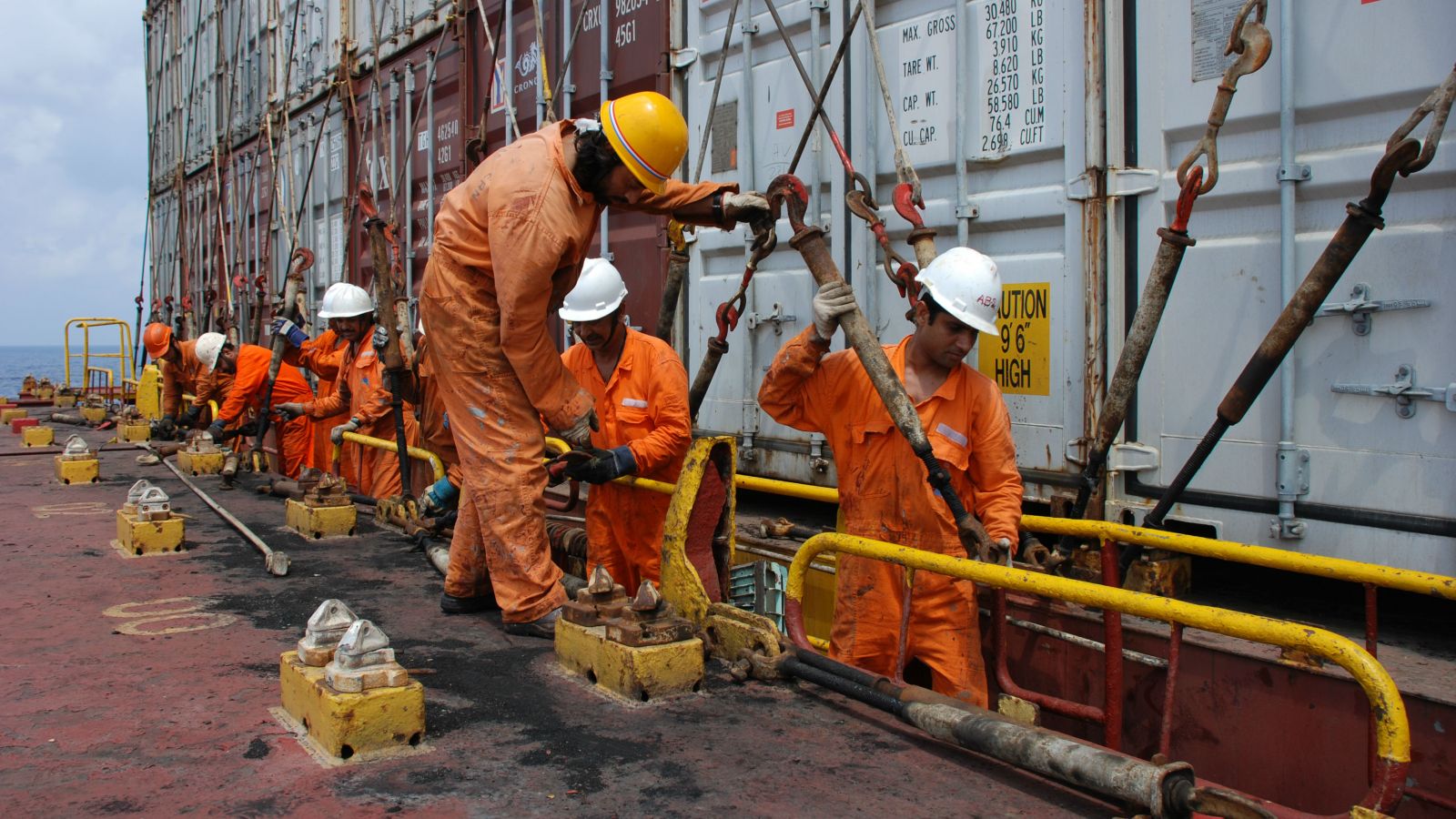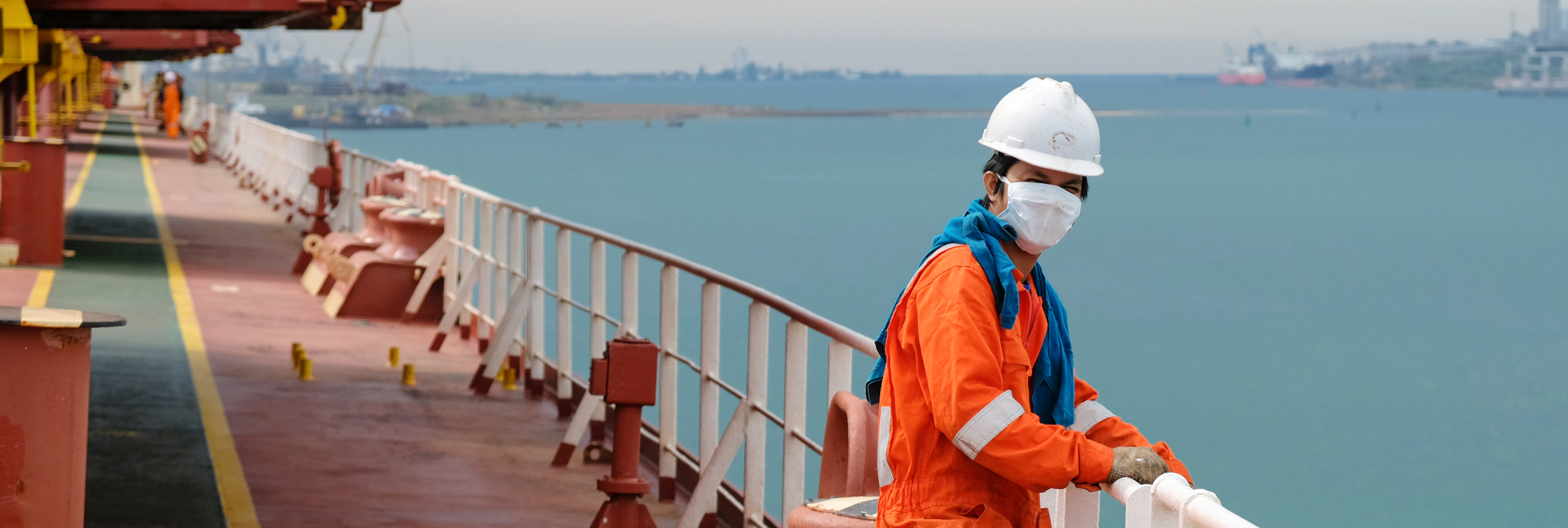Seafarers working on land and at sea, the unsung heroes of global trade, face a number of work-life challenges that merit awareness.
International Worker’s Day
The Haymarket event in Chicago, Illinois, in May of 1886 created the impetus for the creation of International Workers’ Day. In order to demand an eight-hour workday, labour activists planned a countrywide strike for May 1st of that year. As the campaign gathered traction, thousands more workers nationwide joined the demand for better working conditions, higher compensation, and fewer work hours.
On May 4, 1886, a bomb went off at a labour rally in Haymarket Square, Chicago, turning the otherwise peaceful rallies into a tragic event that claimed the lives of several police officers and citizens. Following the event, which created a surge of anti-labour sentiment, eight anarchists were detained and accused even though there was no proof connecting them.
The labour movement expanded in the years after the Haymarket incident, and May 1st came to represent workers’ rights globally. May 1st was designated as International Workers’ Day in 1889 by the International Socialist Conference in Paris as a day of remembrance of the Haymarket events and as a day of solidarity for workers worldwide.
Since then, labour unions and employees have organised marches, demonstrations, and other activities to support the welfare and rights of working people on International Workers’ Day, which is observed yearly in many nations.
International Labour Organization and Maritime
There was a great desire to create a better world following World War I. The Versailles Peace Treaty included provisions for the formation of the International Labour Organization (ILO). The ILO aimed to establish international guidelines for working conditions.
Government executives, shipowners, and maritime unions met one hundred years ago to discuss the initial steps toward regulating the international workforce. They understand that a unified legal system would provide the best protection for mariners.
Nonetheless, it was acknowledged that the maritime sector constituted a unique circumstance meriting distinct handling. The ILO chose to focus exclusively on marine issues during its second meeting the following year. The eight-hour workday and 48-hour workweek adoption at sea raised the most noteworthy issues. Industry ashore has embraced it as the standard.
The commission’s final draft includes regulation to the limits of maximum overtime of 14 hours per week or 60 hours per month to be compensated in pay or time off and 45-hour weeks for ratings in port, with Saturday limited to five hours.
The Maritime Labour Convention (MLC)
The International Labour Organization (ILO) approved the Maritime Labour Convention (MLC) in 2006, and it came into effect in 2013. The convention is commonly known as the “Seafarers’ Bill of Rights.” It lays up a wide range of rights and guidelines to guarantee respectable living and working circumstances for sailors everywhere.
For seafarers, the MLC sets minimum requirements on a number of topics, such as working hours, pay, rest times, lodging, health and safety, and access to healthcare.
In accordance with the MLC, ships must also give seafarers fair employment agreements that precisely define their responsibilities, rights, and obligations. Information on pay, work hours, repatriation, and eligibility for social security benefits are all included in this.
Shipowners must put safety precautions in place, treat sick or wounded seafarers, have enough medical supplies and equipment on board, and avoid accidents and occupational injuries.
The MLC’s strong enforcement mechanism is one of its main advantages. A system of flag state inspections is established by the agreement to make sure ships abide by its norms.
New Amendments as of 2024
A number of changes to the Convention’s Code were approved by the Special Tripartite Committee (STC) of the Maritime Labour Convention. These changes are anticipated to take effect on December 23, 2024,
According to one of the changes, every death of a seafarer who works or is hired on a ship must be thoroughly examined, documented, and reported to the International Labour Office’s Director-General annually so that it can be included in a worldwide registry. A simple questionnaire has been produced by the ILO to promote the implementation of the MLC, 2006 amendment and the creation of a worldwide registry on seafarer deaths.
It was decided that, although the amendment would go into effect in December 2024, it would be advantageous to begin gathering the necessary data in 2023 on an experimental basis. This would allow Members to begin gathering the data they will need to submit to the ILO.









